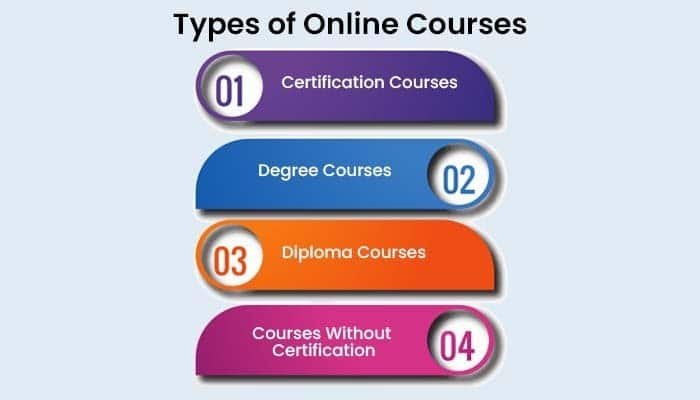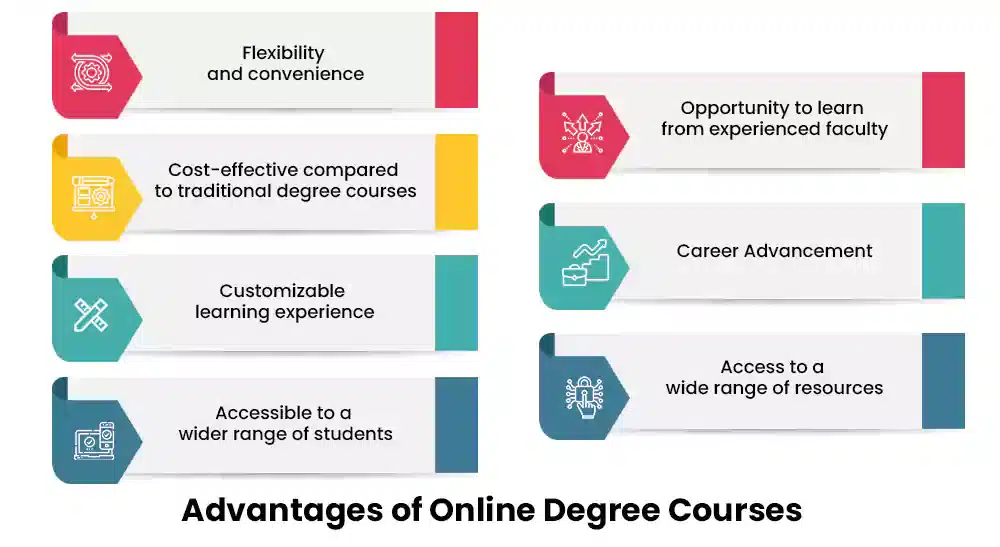In recent years, the landscape of higher education has undergone a significant transformation, with online degrees becoming an increasingly popular choice for students around the world. The flexibility, accessibility, and variety of programs available make online education an appealing option for many. This guide explores the essentials of earning university degrees online, including the benefits, types of programs available, and tips for success.
University Degrees Online Why Choose Online Degrees?

Flexibility and Convenience
One of the most significant advantages of online degrees is the flexibility they offer. Students can learn from anywhere and often set their own schedules, making it easier to balance studies with work, family, or other commitments. This is particularly beneficial for working professionals or those with personal obligations who may not be able to attend traditional classes.
Wide Range of Programs
Online education provides access to a diverse array of programs across various fields. Whether you’re interested in business, healthcare, technology, or the arts, numerous universities offer online degrees tailored to meet different career goals. For instance, Arizona State University offers over 300 degree programs online in high-demand areas like nursing and engineering .
Cost-Effectiveness
Earning a degree online can often be more affordable than attending a traditional university. Many institutions offer lower tuition rates for online courses, and students can save on commuting and housing costs. For example, the University of Florida offers significant savings on tuition for its online students compared to on-campus rates .
Types of Online Degrees

Bachelor’s Degrees
Many universities provide fully accredited bachelor’s degree programs that can be completed entirely online. These programs typically follow the same curriculum as their on-campus counterparts and are designed to prepare students for various careers.
Master’s Degrees
Online master’s programs allow professionals to advance their education while maintaining their careers. These programs often cater to working adults seeking to specialize in their fields or change career paths.
Certificates and Diplomas
For those looking to enhance their skills without committing to a full degree program, many universities offer certificate programs that can be completed online. These shorter courses are ideal for professionals seeking to gain expertise in specific areas.
Tips for Success in Online Learning

Stay Organized: Create a schedule that outlines your coursework deadlines and study times. Use digital tools or planners to keep track of assignments and exams.
Engage Actively: Participate in discussions and group projects. Engaging with peers and instructors enhances your learning experience and helps build valuable connections.
Utilize Resources: Take advantage of resources provided by your institution, such as libraries, tutoring services, and academic advising.
Develop Self-Discipline: Online learning requires a high level of self-motivation. Set personal goals and hold yourself accountable to stay on track.
Seek Support When Needed: Don’t hesitate to reach out for help if you encounter challenges. Most universities have support systems in place for online students.
Also Read : How Can I Get A Scholarship For University?
Conclusion
Earning a university degree online is a viable path that offers flexibility, affordability, and access to diverse programs. As technology continues to advance, the opportunities for online education will only expand further, making it an increasingly attractive option for students worldwide. With the right approach and resources, you can successfully navigate your online educational journey and achieve your academic and professional goals.
FAQs
What are the benefits of earning a degree online?
The primary benefits include flexibility in scheduling, access to a wide range of programs, cost savings on tuition and commuting, and the ability to balance work or personal commitments while studying.
Are online degrees respected by employers?
Yes! Online degrees from accredited institutions are generally respected by employers as long as they meet industry standards and are recognized by relevant professional bodies.
How do I choose the right online program?
Consider factors such as your career goals, interests, program accreditation, tuition costs, faculty qualifications, and available support services when selecting an online program.
Can I work while pursuing an online degree?
Absolutely! Many students work full-time while studying online due to the flexible nature of these programs.
What types of degrees can I earn online?
You can earn various degrees including associate’s degrees, bachelor’s degrees, master’s degrees, and professional certificates across numerous fields.
How do I apply for an online degree program?
The application process typically involves submitting an application form along with transcripts, recommendation letters (if required), and sometimes a personal statement or essay.
What technology do I need for online learning?
A reliable computer or tablet with internet access is essential. Some programs may also require specific software or tools depending on the course content.
Are there financial aid options available for online students?
Yes! Many universities offer financial aid options such as scholarships, grants, and loans specifically for online students.




